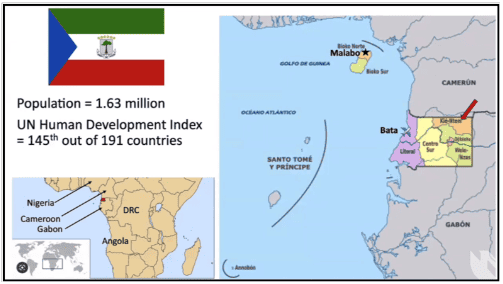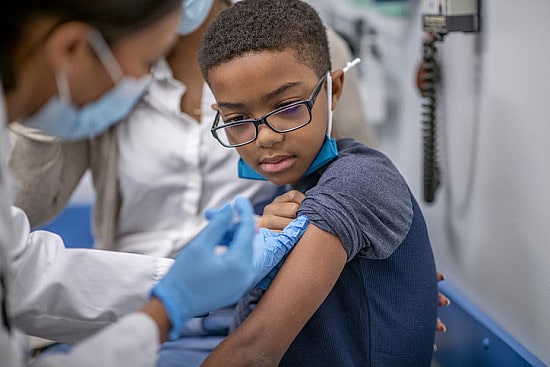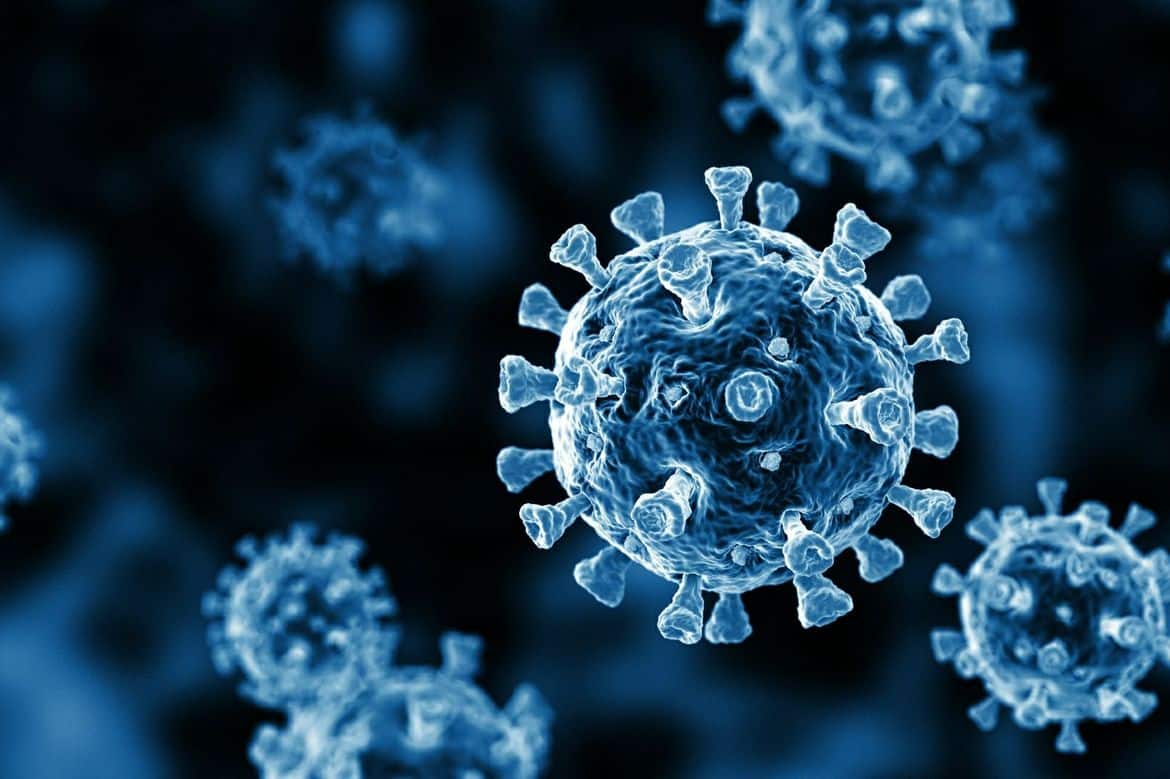Marburg Virus! Outbreak News!

What is Marburg virus? 5 things to know about the Ebola-like virus.
In February, the World Health Organization confirmed the first-ever Marburg virus disease outbreak in Equatorial Guinea. As of the latest WHO update from April 17, officials report 15 confirmed and 23 probable cases, with 34 deaths among them.
The outbreak began in the rural area of the Kié-Ntem province, which borders Cameroon and Gabon, but cases have subsequently appeared across much of the country. Bata Province now has the highest number of confirmed cases. It is 80 miles from the original outbreak zone and has a large urban center with the only international airport in the continental portion of Equatorial Guinea.
“Equatorial Guinea doesn’t have the best public health infrastructure. While we haven’t seen an explosion of cases, international experts are not clear about the effectiveness of surveillance,” says James Lawler, MD Nebraska Medicine infectious diseases expert. “We will see in time.”
Marburg virus has been most frequently found in Uganda and Kenya around Lake Victoria. The fatality rate in previous outbreaks has averaged close to 80%.The disease is transmissible from person to person.

What is Marburg virus?
The Marburg virus is a filovirus (a cousin of Ebola viruses), causing a hemorrhagic fever similar to that of the Ebola virus. Like Ebola, it can be transmitted from person to person, typically through close contact with people who are very sick.
How is the Marburg virus transmitted and spread?
Fruit bats are considered natural hosts for the Marburg virus, but the virus can also infect primates, pigs and other animals. Human outbreaks likely start when a person has direct or indirect contact with an infected animal.
What are symptoms of Marburg virus disease?
Marburg virus disease begins abruptly after an incubation period between two to 21 days. Severe disease can appear between five and seven days from the start of symptoms.
Similar to Ebola, symptoms include: High fever, Severe headaches, Extreme fatigue.
Typically occurring on or by day three, symptoms become severe and include:
Water diarrhea, abdominal pain and cramping, nausea and vomiting, after this phase, bleeding begins to occur.
Prevention of Marburg virus
There is no vaccine or antiviral treatment for the Marburg virus, but development with clinical trial considerations is underway.
High-quality surveillance and case detection, finding and isolating sick and infected people, tracing their contacts, and quarantining contacts help prevent transmission.
Source: nebraskamed.com





